The recent snows here have been a very fine, “dry” snow which, once it was cleared from our driveway and sidewalks, dried up through evaporation without much further intervention from us. So, not really a big deal, but requiring a couple of “person-hours” to get the process started for each event (We have a BIG driveway!). The biggest difference that I’ve noticed has been the cold. Yes, it could get cold in WNC, but below zero wind chills for extended periods of time weren’t common in WNC and don’t seem all that unusual around here. Here’s a cartoon I saw recently which seems to sum up the situation.
On the other hand, even the locals can be amused by this, just as the folks in WNC were amused (and annoyed) by the tourists in that area. When we went to a regional LEGO Faire, we found this:
I do like it here, even if I poke fun at the state. Of course, I’m not the only one, we do enjoy “The Good Life:”
LLAP
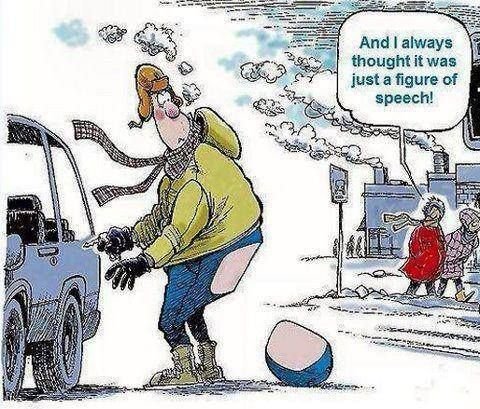
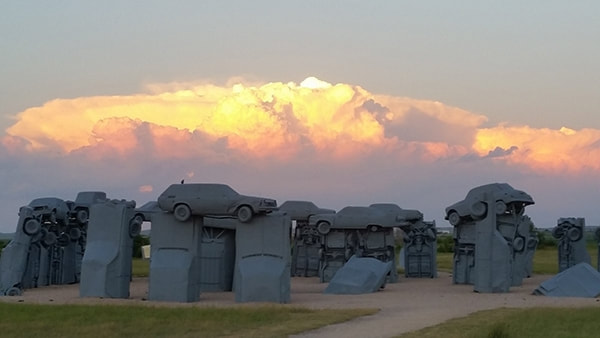

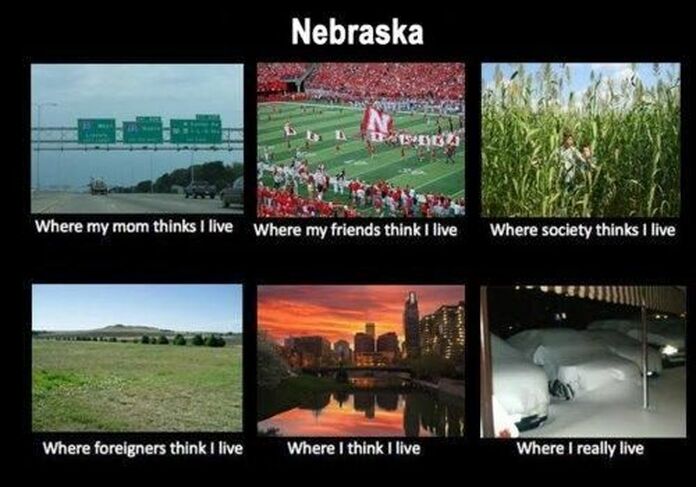

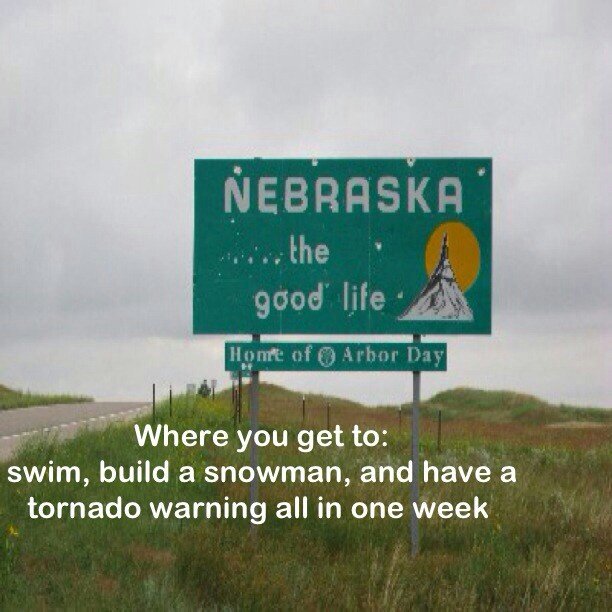

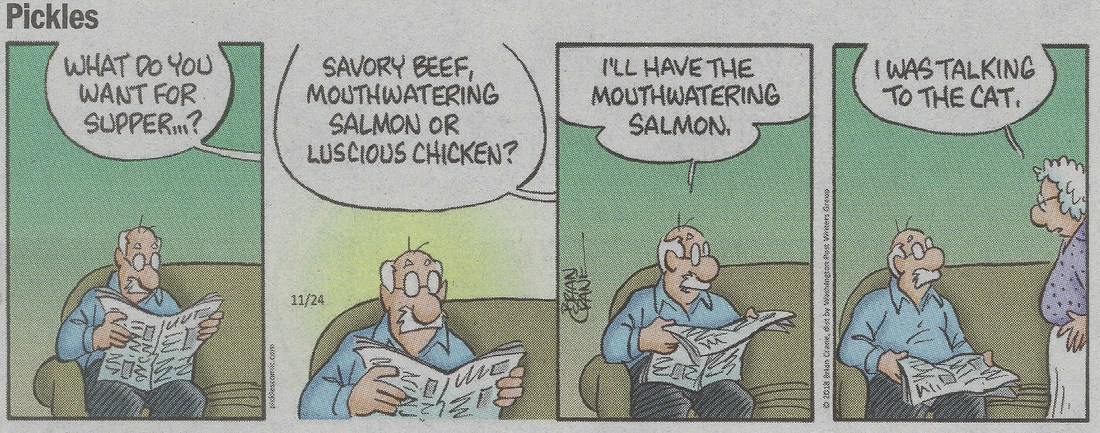
 RSS Feed
RSS Feed